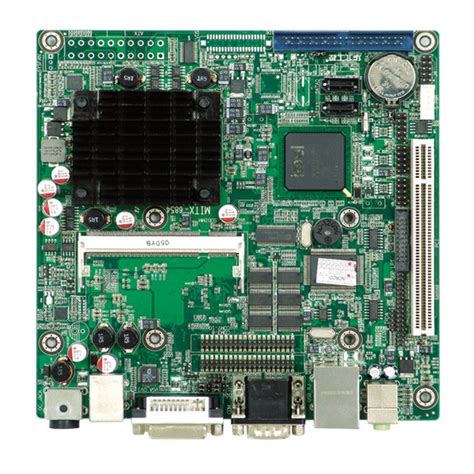
ALL ABOUT FLEX PCB
-
 Read more: Lead-Free PCB Manufacturing and Assembly RoHS Certified
Read more: Lead-Free PCB Manufacturing and Assembly RoHS CertifiedWhat is RoHS and Why is it Important? The RoHS directive, first introduced by the European Union in 2006, aims to restrict the use of six hazardous substances in electrical and electronic equipment. These substances include: Lead (Pb) Mercury (Hg) Cadmium (Cd) Hexavalent Chromium (Cr6+) Polybrominated Biphenyls (PBB) Polybrominated Diphenyl […]
-
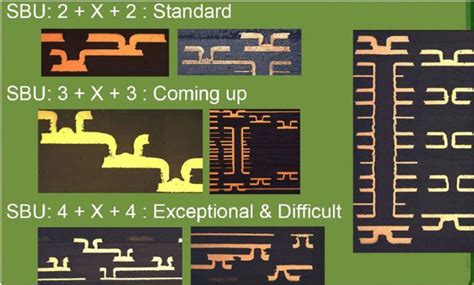 Read more: How to Reduce HDI PCB Costs Without Quality Sacrifice
Read more: How to Reduce HDI PCB Costs Without Quality SacrificeUnderstanding HDI PCB Cost Drivers To effectively reduce HDI PCB costs, it is essential to understand the factors that contribute to the overall expense. Some of the primary cost drivers include: Material selection Layer count and board thickness Via structure and density Surface finish Manufacturing process complexity By addressing these […]
-
What is a PCB Test Fixture?
Posted by
–
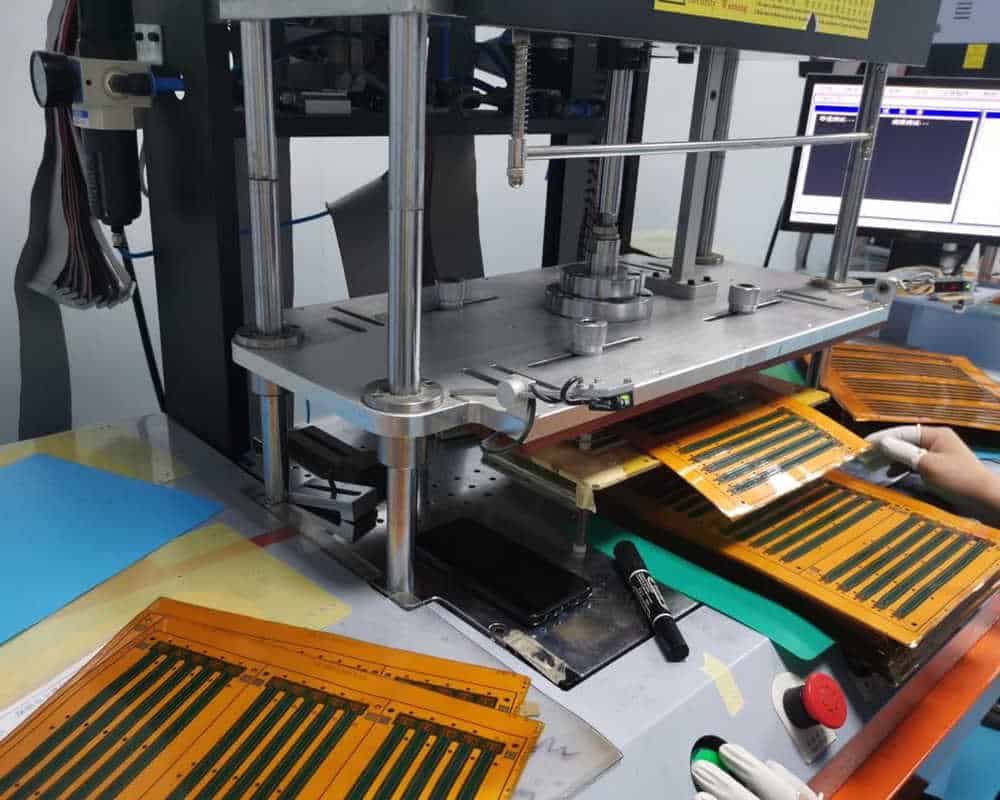 Read more: What is a PCB Test Fixture?
Read more: What is a PCB Test Fixture?Introduction In the world of electronics manufacturing, ensuring the proper functionality and reliability of printed circuit boards (PCBs) is crucial. PCBs are the backbone of countless electronic devices, and their performance can significantly impact the overall quality and success of a product. To thoroughly test and validate PCBs, manufacturers rely […]
-
Top 10 PCB Assembly Manufacturers in China
Posted by
–
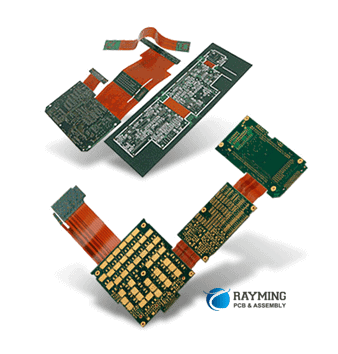 Read more: Top 10 PCB Assembly Manufacturers in China
Read more: Top 10 PCB Assembly Manufacturers in ChinaIntroduction China has emerged as a global powerhouse in the electronics manufacturing industry, with a significant presence in printed circuit board (PCB) assembly. The country’s vast manufacturing capabilities, skilled workforce, and competitive pricing have attracted numerous businesses seeking reliable and cost-effective PCB assembly services. In this comprehensive article, we’ll explore […]
-
What is a RF PCB?
Posted by
–
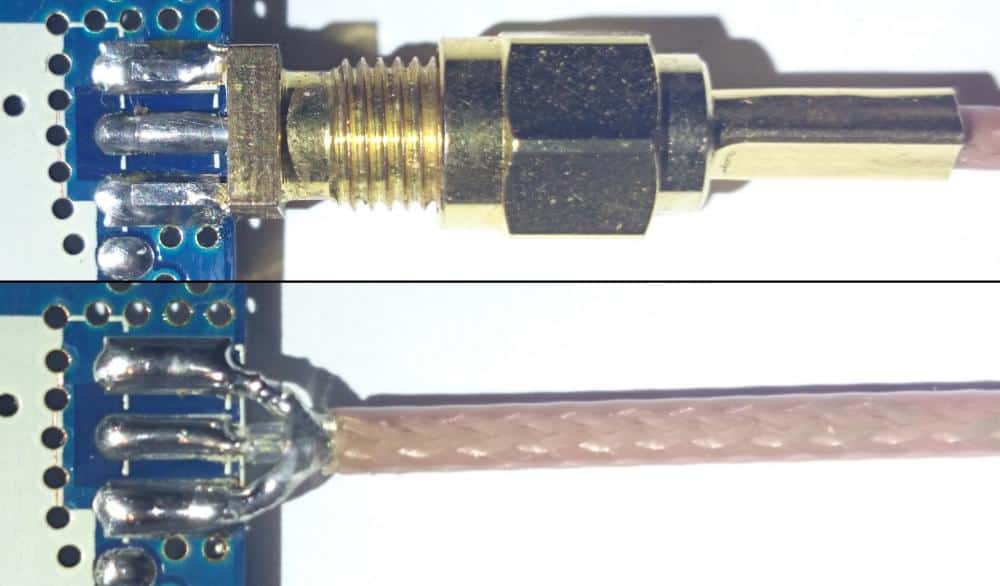 Read more: What is a RF PCB?
Read more: What is a RF PCB?Introduction In the ever-evolving world of electronics, the demand for efficient and reliable wireless communication systems has skyrocketed. From smartphones and Wi-Fi routers to radar systems and satellite communications, radio frequency (RF) technology plays a crucial role in enabling these applications. At the heart of RF systems lies a specialized […]
-
How to Design an RF PCB?
Posted by
–
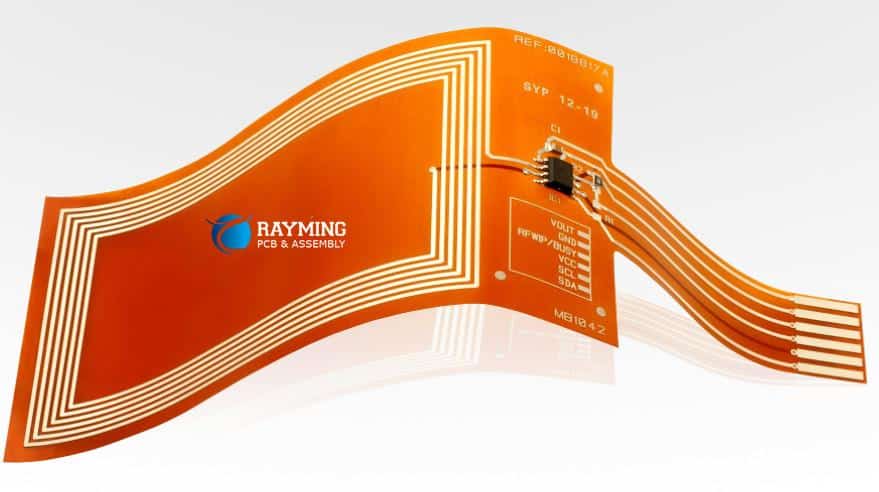 Read more: How to Design an RF PCB?
Read more: How to Design an RF PCB?Designing a Radio Frequency (RF) Printed Circuit Board (PCB) requires specialized knowledge and techniques to ensure proper performance and signal integrity at high frequencies. RF PCBs are used in various applications, including wireless communication systems, radars, and RF instrumentation. This article will guide you through the key considerations and steps […]
-
What Temperature is Needed for Desoldering PCB?
Posted by
–
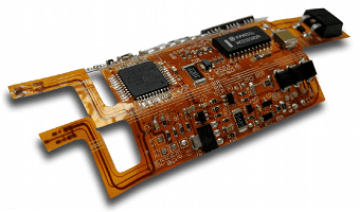 Read more: What Temperature is Needed for Desoldering PCB?
Read more: What Temperature is Needed for Desoldering PCB?Introduction In the realm of electronics assembly and repair, desoldering plays a crucial role in maintaining, modifying, or reworking printed circuit boards (PCBs). Whether you’re a professional technician, hobbyist, or engineer, understanding the temperature requirements for effective desoldering is essential to ensure safe and successful component removal or replacement. This […]
-
What is a Substrate in a PCB?
Posted by
–
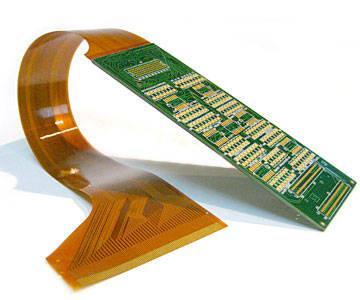 Read more: What is a Substrate in a PCB?
Read more: What is a Substrate in a PCB?Introduction In the world of electronics, printed circuit boards (PCBs) play a crucial role in interconnecting various components and enabling the flow of electrical signals. At the heart of a PCB lies a critical component known as the substrate. This substrate serves as the foundation upon which the intricate circuitry […]
-
How do you calculate impedance of PCB?
Posted by
–
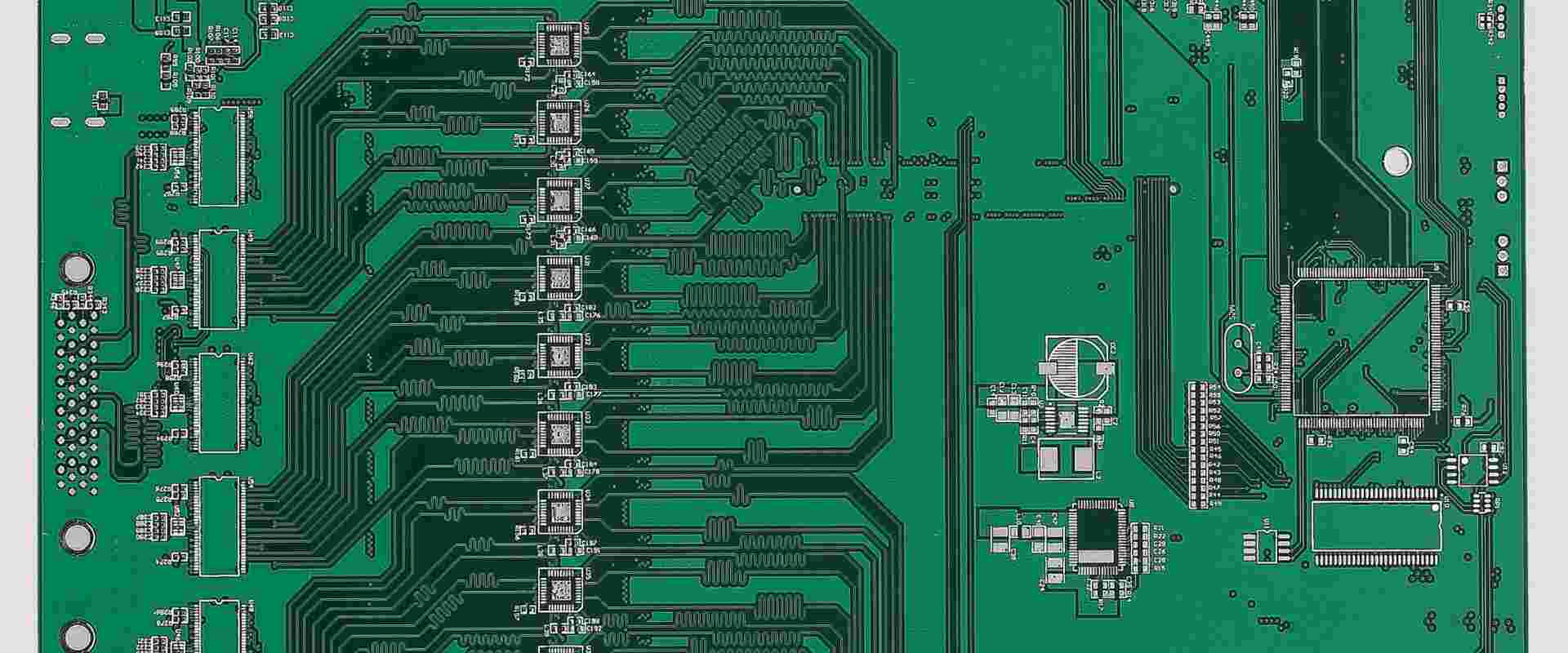 Read more: How do you calculate impedance of PCB?
Read more: How do you calculate impedance of PCB?Introduction In the world of printed circuit boards (PCBs), understanding and controlling impedance is crucial for ensuring signal integrity and preventing electromagnetic interference (EMI) issues. Impedance is a measure of the opposition to the flow of alternating current (AC) in an electrical circuit. In the context of PCBs, it determines […]
-
 Read more: IPC-2221 Calculator for PCB Trace Current and Heating
Read more: IPC-2221 Calculator for PCB Trace Current and HeatingIntroduction In the world of printed circuit board (PCB) design, ensuring reliable and efficient power delivery is of paramount importance. Traces on a PCB act as conductors, carrying electrical current from one component to another. However, as current flows through these traces, it generates heat due to the inherent resistance […]




